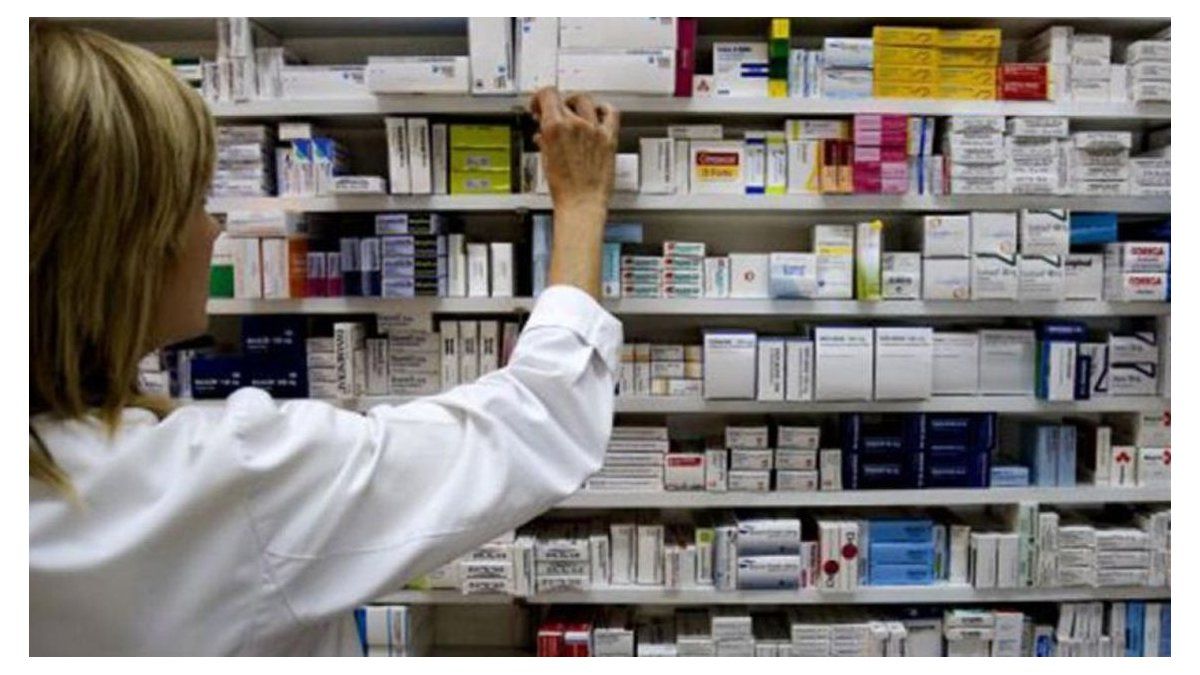The Government accelerates its deregulation agenda. Medicines became almost an obsession for Minister Federico Sturzenegger, who is willing to promote the importation of products from countries with low health surveillance without ANMAT controls.with the aim of lowering prices. The strategy is to encourage purchases abroad by the provinces. Local laboratories warn of health risks. Javier Milei’s team is analyzing other measures, such as the creation of a parallel agency and sales through electronic means.
In recent weeks, the Casa Rosada entered into a kind of race to accelerate the importation of medicines from countries with low health surveillance. “Half of Asia is cured with medicines from India, if we bring them the price drops by a tenth,” fantasized the Minister of Deregulation and Transformation of the State, Federico Sturzenegger.
The interest of the Executive coincides with surveys carried out the governor of Mendoza in recent weeks to quote at least 178 medications in the Asian country. The Government’s intention is for the provinces to move forward with the purchase of the products because they can do so without the need to have the controls carried out by ANMAT and which can take a process of up to three years.
Currently imports are not closed. What exists are processes in charge of the regulatory agency that divides its conditions according to the level of health surveillance.
In Annex 1 of decree 150/92 there are countries such as the United States, Canada, Japan, France, among others. In that case, the products can enter with a simple registration in ANMAT. This happens because Argentina recognizes the performance of these agencies in the control of good practices.
On the other hand, Annex II contains countries with a lower level of surveillance.. For these products, authorization depends on the presentation of product information, a certificate from the health authority of origin and the certification of the plant by Annex I countries or by ANMAT itself. India is in that group of manufacturers.
They warn of an “increase in risks”
As Ámbito learned, in recent days, The Casa Rosada encouraged more provinces to import medicines on their own to avoid ANMAT controls. The regulatory agency issued a statement in which it highlighted that provincial governments do not require its authorization.
For the former Chief of Staff of the Ministry of Health, Sonia Tarragona, “import requirements obey strictly health criteria” and its omission “would significantly increase the risk.” At that point, the ANMAT anticipated: “The political and legal responsibility of ensuring the quality, effectiveness and safety of what is decided to import falls exclusively on the provincial government.”
Economic impact
In the industry they assure that these maneuvers configure a scenario of unfair competition: products imported from Annex 2 countries will not be required to meet requirements that local manufacturers do. They then warn that thousands of jobs in laboratories, distributors and drug stores are at risk.
The Government is betting that the growth of imports will bring a drop in prices. According to Tarragona: “there is no evidence that the entry of these products impacts the reduction of prices in the local market” and warned that the scenario “increases commercial dependence and vulnerability in unfavorable contexts as seen in the COVID-19 pandemic.”
More deregulation
The Government analyzes other measures to deregulate the sector. It seeks to open the game to electronic commerce and sales in non-specialized stores, which would dilute the role of professional pharmacists. At Casa Rosada there are those who dream of creating a parallel medical agency to facilitate the importation of products.
Little by little, Federico Sturzenegger begins to become an obstacle in the Government’s relationship with businessmen. “He thinks about everything and knows nothing. Today he is an expert in transportation, tomorrow in health and so on…”, shot a representative of firms, in a criticism that is becoming increasingly recurrent in the business world.
Source: Ambito
I am an author and journalist who has worked in the entertainment industry for over a decade. I currently work as a news editor at a major news website, and my focus is on covering the latest trends in entertainment. I also write occasional pieces for other outlets, and have authored two books about the entertainment industry.




